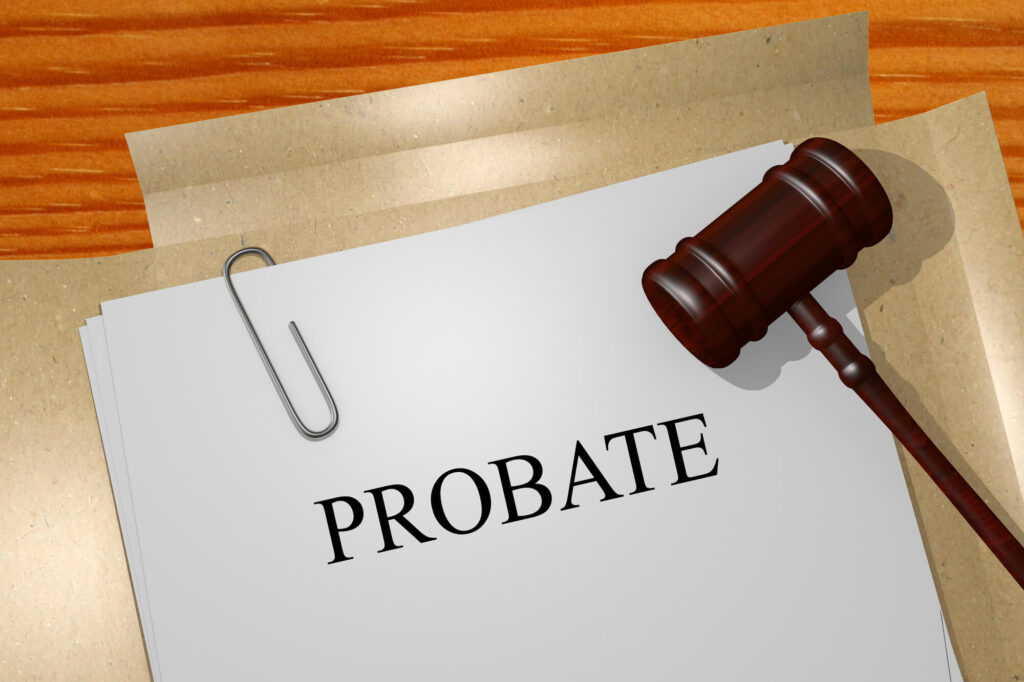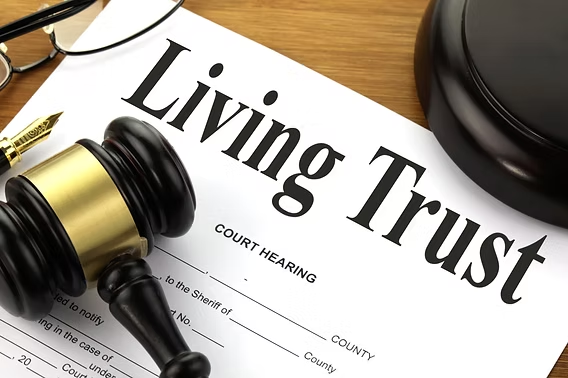Understanding the Probate Process in Texas: A Comprehensive Overview
The probate process in Texas involves several key steps that individuals must navigate after the death of a loved one. This process typically includes validating the will, appointing an executor, and distributing the deceased's assets according to the will or state law if no will exists.
In Texas, the probate process can vary in complexity depending on the size of the estate and whether a will is present. Executors must gather necessary documents, settle debts, and ensure that all legal requirements are met, which can take several months to complete. Understanding these steps can help individuals prepare for what lies ahead.
Common Misconceptions About Probate in Texas
Many individuals hold misconceptions about the probate process, often believing it to be overly complicated or unnecessary. In reality, probate serves as a legal framework that ensures fair distribution of assets and protection of the deceased's wishes.
For instance, some may think that all assets must go through probate, but certain types of property, like joint accounts or assets held in a trust, can bypass this process. Clarifying these misconceptions can help individuals approach probate with a more informed perspective.
The Role of Executors in Texas Probate
Executors play a crucial role in the probate process, as they are responsible for managing the deceased's estate. This includes gathering assets, paying debts, and distributing the remaining property to heirs according to the will or state law.
In Texas, being named as an executor comes with significant responsibilities and potential liabilities. Executors must act in the best interest of the estate and adhere to legal obligations, which can sometimes lead to conflicts among beneficiaries. Understanding these duties is essential for anyone taking on this role.
Alternative Options to Traditional Probate in Texas
While probate is often necessary, there are alternative options available in Texas that can simplify the process. For instance, small estates may qualify for a streamlined probate process, while others can utilize tools such as living trusts to avoid probate altogether.
These alternatives can save time and reduce costs associated with probate. Individuals should explore these options early in estate planning to determine the best approach for their unique situations and to ensure their wishes are honored without unnecessary legal hurdles.










